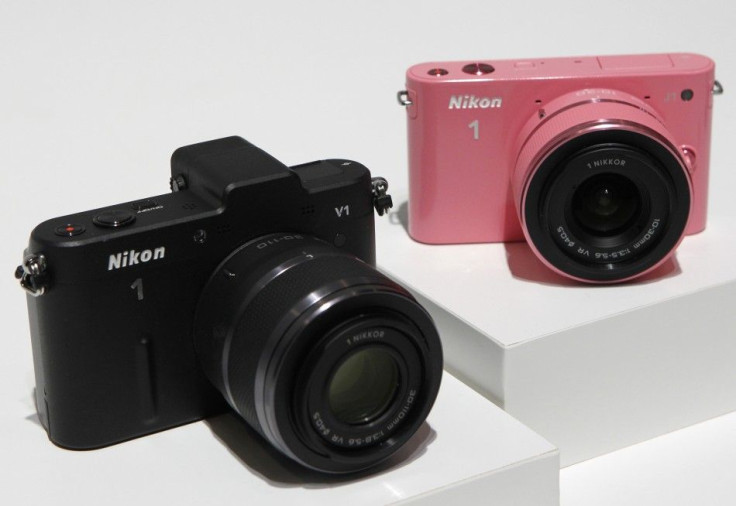Yongnuo Is All Set To Launch Cheaper Clones Of Nikon Lenses In 2015

Photography lovers are familiar with the Chinese manufacturer, Yongnuo. Their name became extremely popular last year when the company began making duplicates of expensive Canon lenses, making them available to the masses at considerably low prices. Needless to say, this became a boon to several photographers looking for quality at lesser prices. However, Nikon users are still waiting for Yongnuo to release clones of the Nikon lenses.
A representative of Yongnuo said in a statement to PetaPixel that several clones of the Nikon lenses will be released by the end of 2015. The company states that they are working on a variety of Nikon lenses, but has yet to identify the exact lenses they intend to clone.
Earlier in 2014, Yongnuo released a duplicate of the Canon 50mm f/1.4 and 50mm f/1.8 II. They announced the clone of Canon's 'nifty fifty' lens at half the price, creating a buzz in the industry. To everyone's amazement, the clones outdid the original Canon lenses in several aspects, stated PetaPixel. The lens is priced at $125 by Canon, but Yongnuo only sold it for $41. However, the price has now gone up to $60 due to the increasing demand for the lenses.
In the statement to PetaPixel, Yongnuo also said that the launch date of a clone of the Canon 35mm f/2 is just around the corner.
PetaPixel shared that there is a huge probability that Nikon lenses, such as 35mm f/1.8, 50mm f/1.8 and 50mm f/1.4, will be cloned. The lens cost $200, $220 and $420, respectively. Though there are more lenses that will be cloned, the website identifies these three as the first most probable ones to be cloned.
Meanwhile, Yongnuo has stayed quiet regarding the expansion beyond Nikon and Canon lenses. It has also stayed mum on the question of cloning high-end lenses within the Canon brand.






